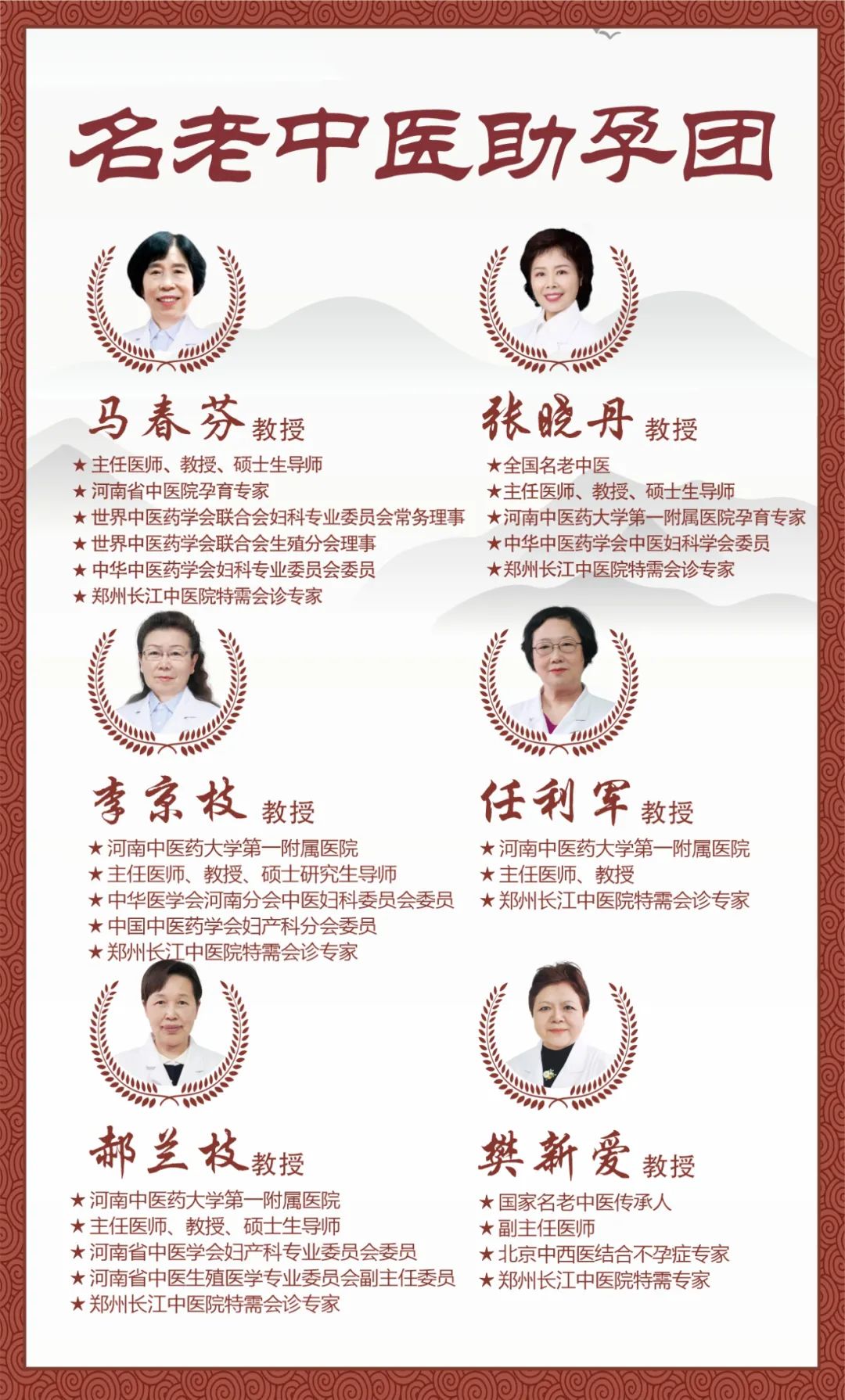
Click to follow for more information

“Essence is the foundation of form; form is born from essence. Without essence, there is no form.” This is how the renowned Ming Dynasty physician Zhang Jingyue elucidated the importance of Shu Di Huang (熟地黄, Rehmannia Glutinosa). In TCM theory, Shu Di Huang is revered as the “number one herb for nourishing yin and tonifying the kidneys,” making it an excellent remedy for the modern issue of premature ovarian insufficiency in women. Today, let us explore this miraculous herb and its four golden partners in combating ovarian insufficiency.

Basic Properties and Effects of Shu Di Huang

Shu Di Huang is sweet and slightly warm in nature, and it enters the liver and kidney meridians. Zhang Jingyue once stated: “Shu Di Huang greatly tonifies blood deficiency, nourishes kidney essence, fills the bone marrow, benefits true yin, and specifically tonifies the original qi of the kidneys while also treating the blood-storing meridians.” This statement vividly describes the core effects of Shu Di Huang: nourishing yin and tonifying the kidneys, benefiting qi and nourishing blood.
In modern TCM theory, Shu Di Huang is believed to have the effect of delaying ovarian function decline. It can elevate estrogen levels in women, improving issues such as irregular menstruation and dysmenorrhea. For women experiencing premature ovarian insufficiency, Shu Di Huang is undoubtedly a powerful ally.

The Four Golden Partners of Shu Di Huang


Shu Di Huang and Dang Gui (当归, Angelica Sinensis): A Combination of Movement and Stillness to Regulate Qi and Blood
Dang Gui is warm in nature, sweet and pungent in flavor, and enters the liver, heart, and spleen meridians. It is renowned for its ability to nourish blood, regulate menstruation, and alleviate pain, earning it the title of “the holy medicine for blood tonification.” Dang Gui tends towards movement, while Shu Di Huang leans towards stillness, making their combination a perfect match.
The pairing of Shu Di Huang and Dang Gui can nourish yin blood and promote its circulation in the meridians, enhancing the ability to tonify the liver and kidneys and benefit menstrual blood. This combination is particularly suitable for those experiencing symptoms of premature ovarian insufficiency due to blood deficiency, such as scanty menstruation and irregular cycles.

Shu Di Huang and Zhi Mu (知母, Anemarrhena Asphodeloides): Nourishing Yin and Reducing Fire, Addressing Both Symptoms and Root Causes
Zhi Mu is cold in nature, moist in quality, and has a bitter-sweet flavor, entering the lung, stomach, and kidney meridians. It has the effects of clearing heat, draining fire, nourishing yin, and moistening dryness. The combination of Shu Di Huang and Zhi Mu is an excellent pairing for nourishing yin and reducing fire.
This combination is particularly suitable for patients with premature ovarian insufficiency due to liver and kidney yin deficiency and empty heat. If you often experience dry mouth, five hearts heat, or symptoms such as tidal fever and bone steaming, this combination may be especially beneficial for you.

Shu Di Huang and Wu Wei Zi (五味子, Schisandra Chinensis): Strengthening the Foundation and Calming the Spirit, Nourishing Yin and Generating Fluids
Wu Wei Zi is warm in nature, sour and sweet in flavor, and enters the lung, heart, and kidney meridians. It has the effects of astringing, benefiting qi, generating fluids, and calming the spirit. The combination of Shu Di Huang and Wu Wei Zi not only enhances the nourishing power but also stops night sweats and nourishes the heart spirit.
This combination is particularly suitable for those experiencing night sweats, insomnia, and vivid dreams due to yin deficiency and premature ovarian insufficiency. If you often feel anxious, have poor sleep quality, or experience spontaneous sweating or night sweats, this combination may provide significant improvement.

Shu Di Huang and Mu Dan Pi (牡丹皮, Paeonia Suffruticosa): Clearing Heat and Activating Blood, Nourishing Yin Without Stagnation
Mu Dan Pi is slightly cold in nature, bitter and pungent in flavor, and enters the heart, liver, and kidney meridians. It has the effects of clearing heat, cooling the blood, and activating blood circulation. The combination of Shu Di Huang and Mu Dan Pi achieves the effect of nourishing yin without stagnation, while also draining fire.
This combination is particularly suitable for patients with premature ovarian insufficiency due to liver and kidney yin deficiency and internal heat. If you often feel irritable or angry, or experience prolonged menstrual periods with heavy bleeding, this combination may be especially helpful for you.

Warm Reminder:TCM emphasizes syndrome differentiation and treatment; each person’s constitution is different. Please consult a professional TCM physician before using dietary therapy to avoid blind medication. If you have any questions or need consultation, you can click the original text to learn more about syndrome differentiation by renowned TCM physicians and nurturing your constitution.


